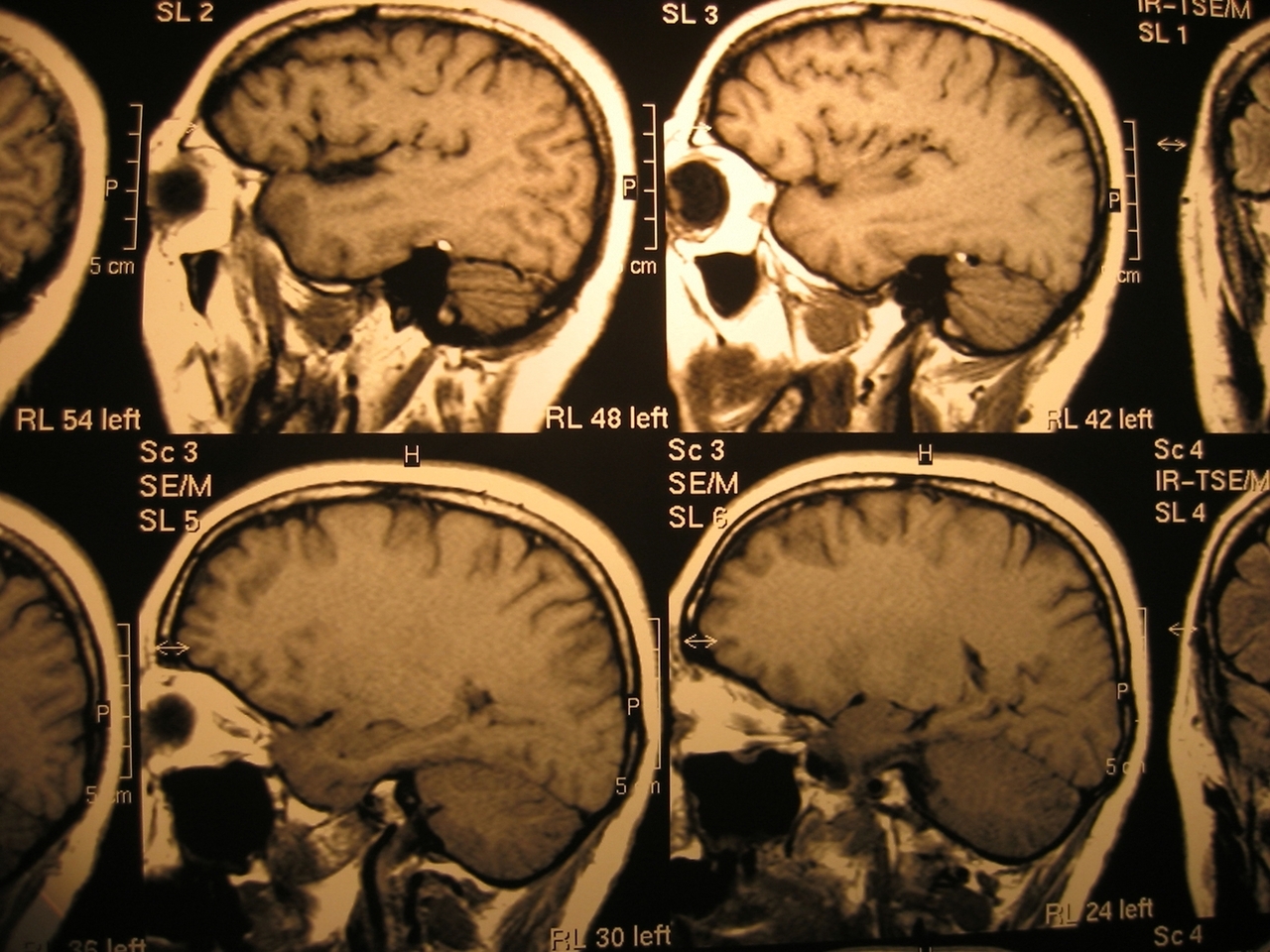A brain tumour is a growth of abnormal cells in the brain. The most common type of brain tumour is glioblastoma, a highly malignant tumour of which over 4,700 cases are diagnosed annually in the UK.
Glioblastoma tumours are the most common cancerous brain tumours that occur in adults. They grow quickly and are like to spread to other parts of the brain. The cause of most brain tumours are unknown, and glioblastoma is no exception. Research is being carried out to discover how and why brain tumours appear, but government funding for this research is chronically low.
Glioblastoma tumours are diffuse, meaning that they have threadlike elements that spread into other parts of the brain making it difficult to remove the tumour entirely. Other factors can also affect the success rate of removing tumours, such as whether the tumour has grown near important areas of the brain.

80% Mortality Rate |
Only 20% of patients diagnosed with glioblastoma survive for more than one year. Only 3% of patients survive for more than three years. |
Highly Aggressive |
Glioblastoma is the most aggressive form of a brain tumour in adults. Brain tumours kill more children and adults under 40 than any other type of cancer. |
Funding less than 2% |
Less than 2% of government funding for brain tumour research goes into surgical discipline, but a third of hospital admissions involve surgery. |
Brain tumours kill more women under 35 than breast cancer, and more people under 75 than leukaemia. Neurosurgery work is undertaken by specialist departments in hospitals across the country, often being the difference between life and death for patients affected by brain tumours.
The Atkinson Morley Department of Neurosurgery at St. George’s Hospital undertakes over 450 brain tumour operations per year with a dedicated team of two nurse specialists and four specialist brain tumour surgeons.
How you can help us fight brain tumours
Make a Donation
Your donation helps fund groundbreaking research and treatments that saves lives.
Join Our Fundraisers
From expeditions to skydiving, we’re always fundraising. Check our latest fundraising events and join us today!
